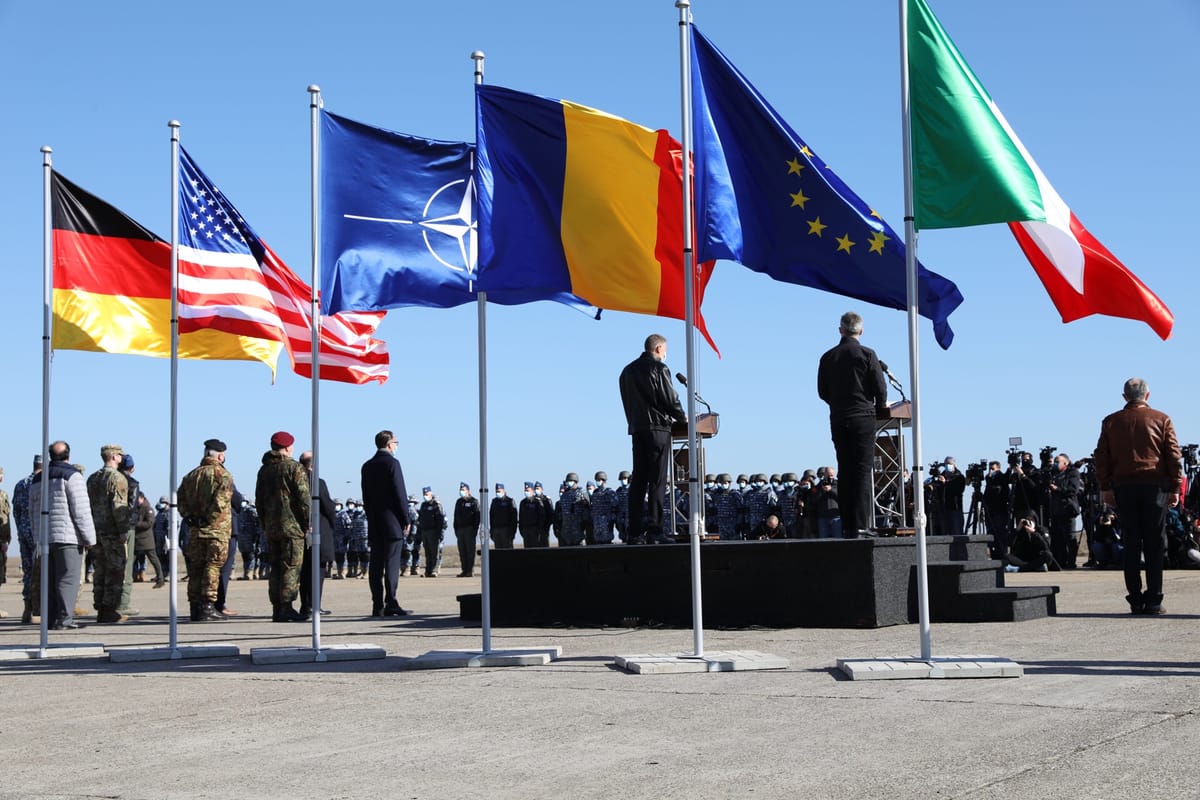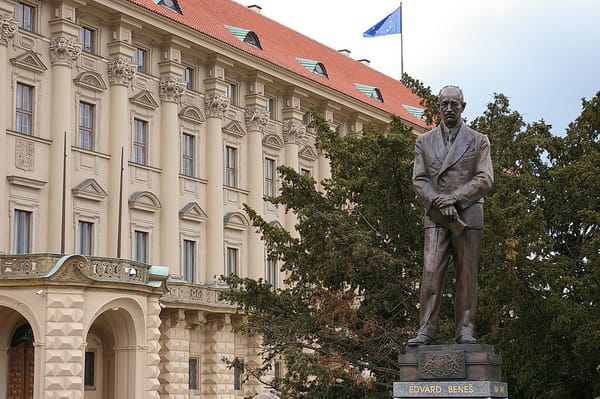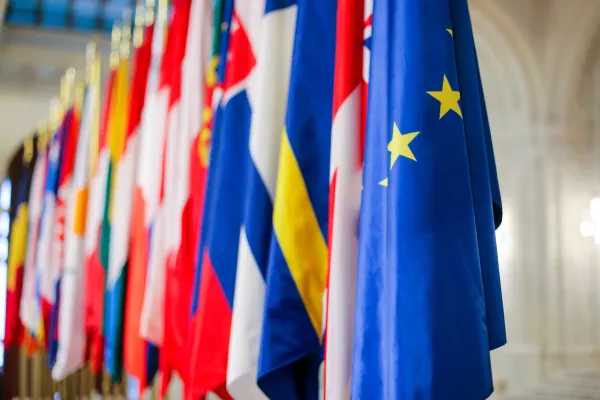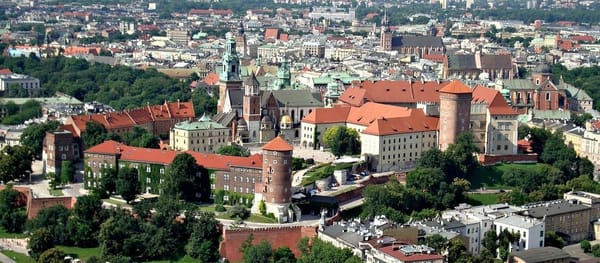
Romania increasingly key strategic ally for US - analysis
The expansion and modernisation of the NATO air base in Constanta, south-east Romania, symbolises the country’s growing strategic importance to NATO and the US, regional expert Ronald H. Linden writes in an article entitled “Romania is America’s new indispensable ally in Eastern Europe” in US politics daily The Hill.
Soon to be housing over 10,000 military personnel and their families, the Mihail Kogalniceanu base – along with the US-run naval base in Deveselu, south Romania – underscores the country’s pivotal role in the alliance’s Black Sea strategy, according to the retired political science professor and European studies director at the University of Pittsburgh.
Ukraine war upped importance of neighbouring Romania
The current geopolitical landscape, with conflicts in Ukraine and the Middle East, alongside strained relations with NATO ally Turkey, has elevated Romania to a crucial position.
Romania sought integration with Western institutions in the 1990s, when it “held less strategic value”. While initial Western skepticism about Romania’s democratic reliability existed, the US supported NATO’s eastward expansion, seeing strategic value in Romania’s location and pro-Western stance. Romania’s importance surged after the terrorist attacks in the US on 11 September, 2001, as NATO sought more partners. Romania’s contributions to multinational forces in Afghanistan paved the way for its NATO membership in 2004.
Russia responded to these developments by carving out statelets in Georgia (Abkhazia and South Ossetia) and annexing Crimea, directly supporting secessionist movements in Ukraine. Romania now faces complex threats from Russia’s aggression. Sharing a 330-mile non-contiguous border with war-torn Ukraine, its proximity to the conflict zones in eastern Ukraine and the Black Sea has heightened its strategic value. The seizure of key Ukrainian ports by Russia has given the Kremlin a dominant position in the Black Sea, complicating Romania’s security dynamics.
Access to the Black Sea is further restricted by the pre-World War II Montreux Convention, enforced by Turkey, which limits the naval capabilities of non-Black Sea states, Linden adds. Despite these challenges, Ukraine has demonstrated the efficacy of drones and short-range missiles in countering larger naval forces, indicating that Romania’s Black Sea bases are vital for NATO’s surveillance and intelligence operations.
Romania also reliable strategic ally in grain imports
Economically, Romania has become indispensable to Ukraine, facilitating grain exports through its ports such as Constanta amidst Russian blockades. This cooperation exposes Romania to direct threats, as evidenced by recent bombings near its border. Despite the risks, Romanians’ support for NATO and Ukraine remains robust, with local farmers showing less resistance compared to their counterparts in Poland and Hungary.
Domestically, Romania has managed to avoid the slide toward autocracy seen in some neighbouring countries. The European Commission commended Romania’s legal reforms in 2023, and the nation’s political landscape has remained relatively stable, with its centre-right and centre-left parties cooperating to counter anti-EU and anti-NATO factions.
The most significant potential danger, however, lies in Moldova becoming a second Belarus — a Russia-dominated neighbour. Moldova’s pro-Western government under Moldovan President Maia Sandu, despite Russian influence in Transnistria, seeks EU membership and closer NATO ties. A Russia-dominated Moldova could destabilise the region further, increasing refugee flows and making Romania’s border a flashpoint.
Constanta is Romania’s fourth largest city and main Black Sea port, and also the region’s oldest continuously inhabited city, founded in around 600 BCE. The presence of US forces in Romania reflects new geopolitical shifts, and Romanians now witness a robust US military presence in Constanta, signifying an emerging era of strategic cooperation and shared security interests in the Black Sea region, Linden writes.





